Safety Net Blog
MEMIC's all about workplace safety blog since 2008! Easy-to-read safety advice combines with email delivery to give you a whole new way to keep your safety program on track. If you'd like to search a topic not listed, please use the overall site search at the top right.
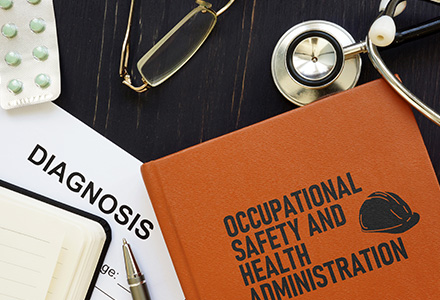
New Year, New OSHA Log (Part 2 of 3)
In Part 2 of the blog series, "OSHA Recordkeeping: New Year, New OSHA Log," the focus shifts to the "what" questions surrounding the OSHA 300 Log. Employers are guided through the complexities of recording work-related injuries/illnesses, including.....
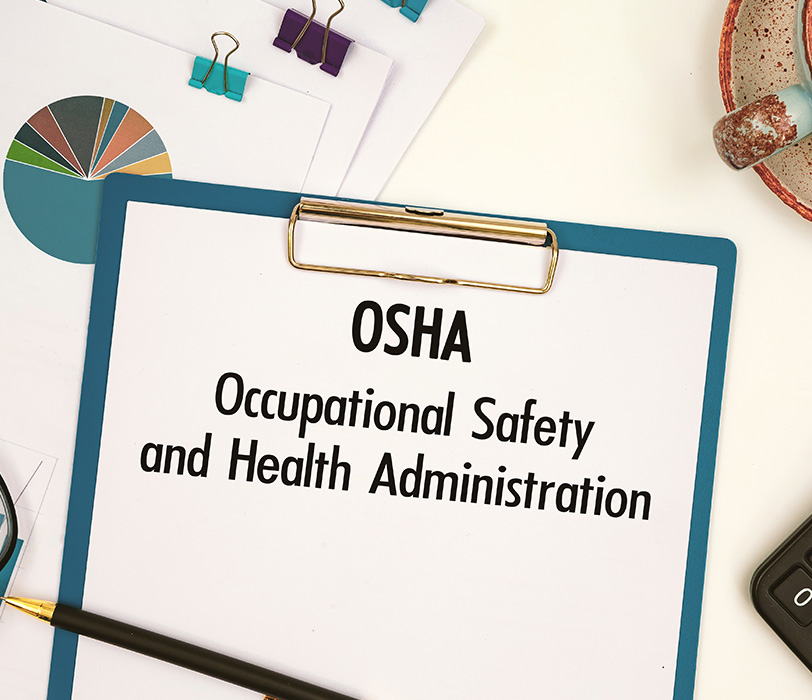
OSHA Recordkeeping: Who, How, What, When and Why? Oh My! (Part 1 of 3)
In this blog series, employers are guided through OSHA injury recordkeeping by adopting a reporter’s mindset, addressing fundamental questions of who, how, what, when and why. Part one explores “who” must keep records and “how.” It delves into OSHA r...

One Last Letter Before Flight
As silent snowflakes fell softly outside, the crackling of birch blazing on the hearth soothed him as he sat in his study at the Davenport desk. Later that night, with the cold against his shoulder he’d make his magical rounds all around the world.
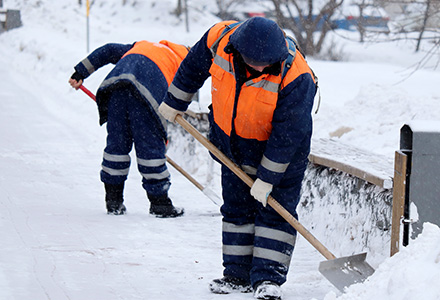
Awareness and Prevention Are Key for the Top Three Winter Workplace Injuries
Winter brings many hazards to the workplace environment including slippery surfaces, hazardous driving conditions, and low temperatures. Managing snow and ice, monitoring temperature changes, being aware of signs of hypothermia, and promoting safe dr...

Warehouse, Distribution, and Storage Safety Solutions are Emphasized by OSHA
Facing a higher-than-average incidence of injuries among warehouse workers, federal regulators will open a three-year campaign to improve worker health and safety by deploying awareness resources and conducting inspections of warehousing, storage/dis...
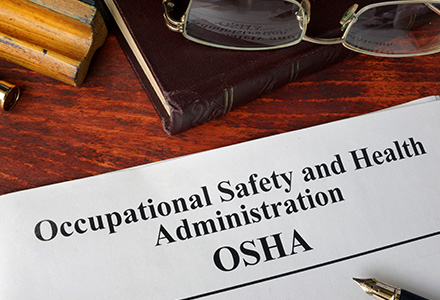
OSHA-10 Hour Training Benefits Every Workplace
Enrolling in an OSHA 10-hour training class is a great way for anyone tasked with the safety of your workforce to learn how to control industry-specific hazards associated with OSHA’s most frequently cited standards.
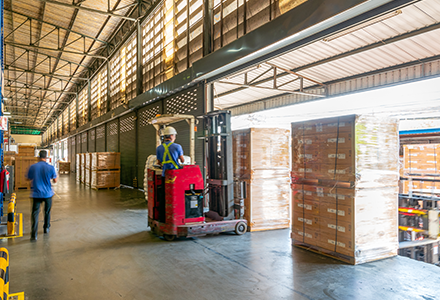
How to Deliver Safety to the Loading Dock Environment
Heavy freight, temporary trailers, mobile equipment, and hurried personnel with variable training combine to make loading docks uniquely hazardous. Shipping and receiving personnel must be alert and properly trained in material handling and equipment...

Don’t Get Burned! Know the Hidden Dangers of lithium-ion Batteries
As devices become more numerous and more portable, the dangers of malfunctioning lithium-ion batteries increase, but there are several ways to prevent these avoidable injuries, including awareness and proper use and charging techniques.
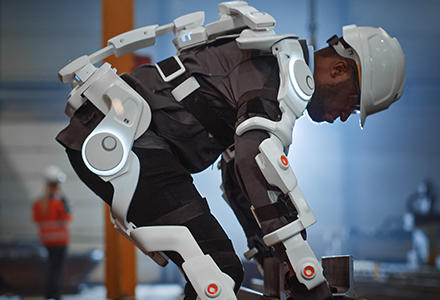
The Future is Now with Wearable Technology
Even simple wearable technology such as a smart phone or watch can help employees recognize hazards and improve workplace safety. The future may be moving toward connected technology for better real-time communication, and toward exoskeletons for ass...

The Menaces of Manually Moving Materials
Lifting, pushing, pulling, twisting, bending, and carrying materials and products. It’s an everyday part of most work environments. Training employees in body mechanics is good, but there are limits to what our bodies can tolerate. And ignoring these...
Subscribe to the
Safety Net Blog
Get notified when new blog posts are published.
